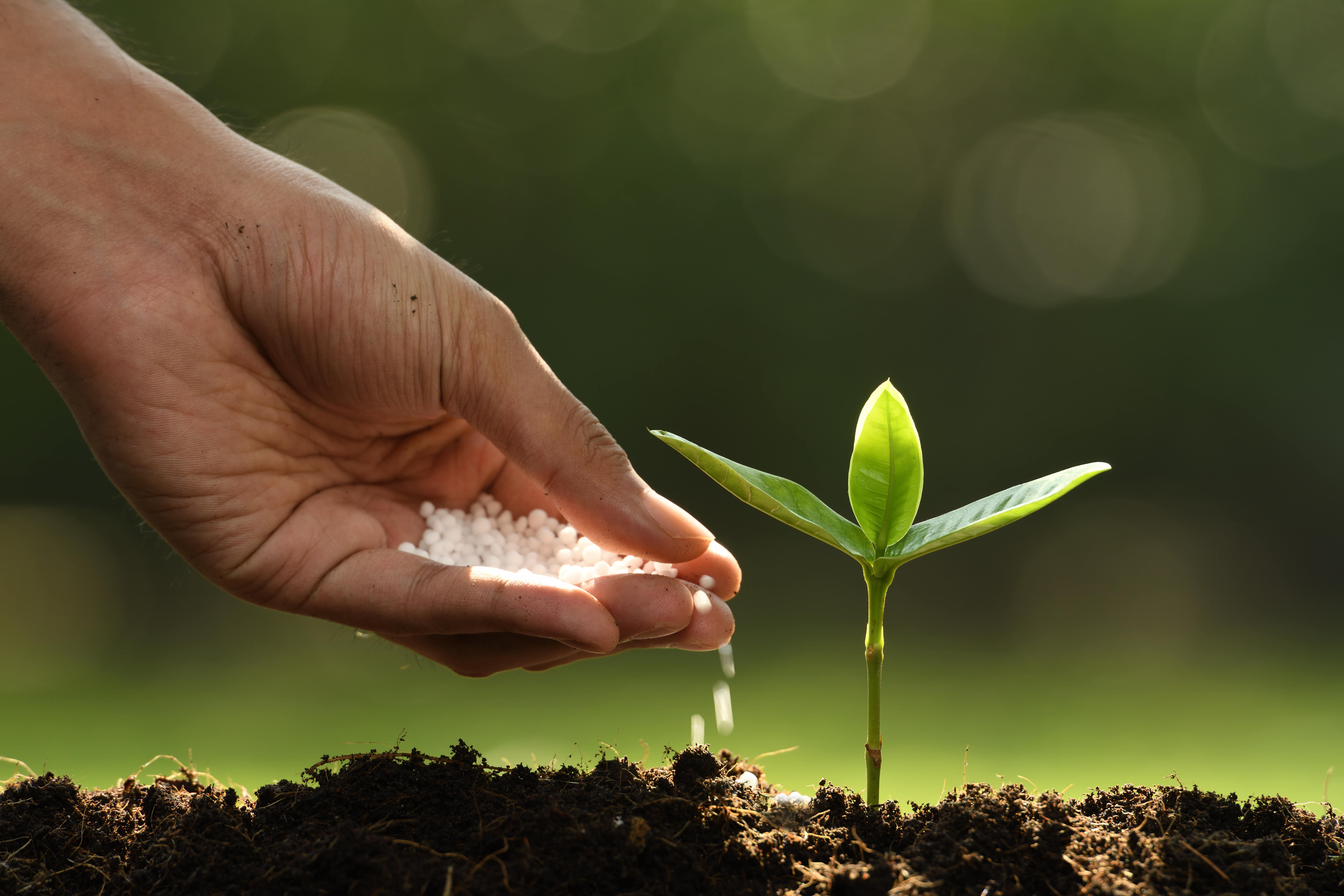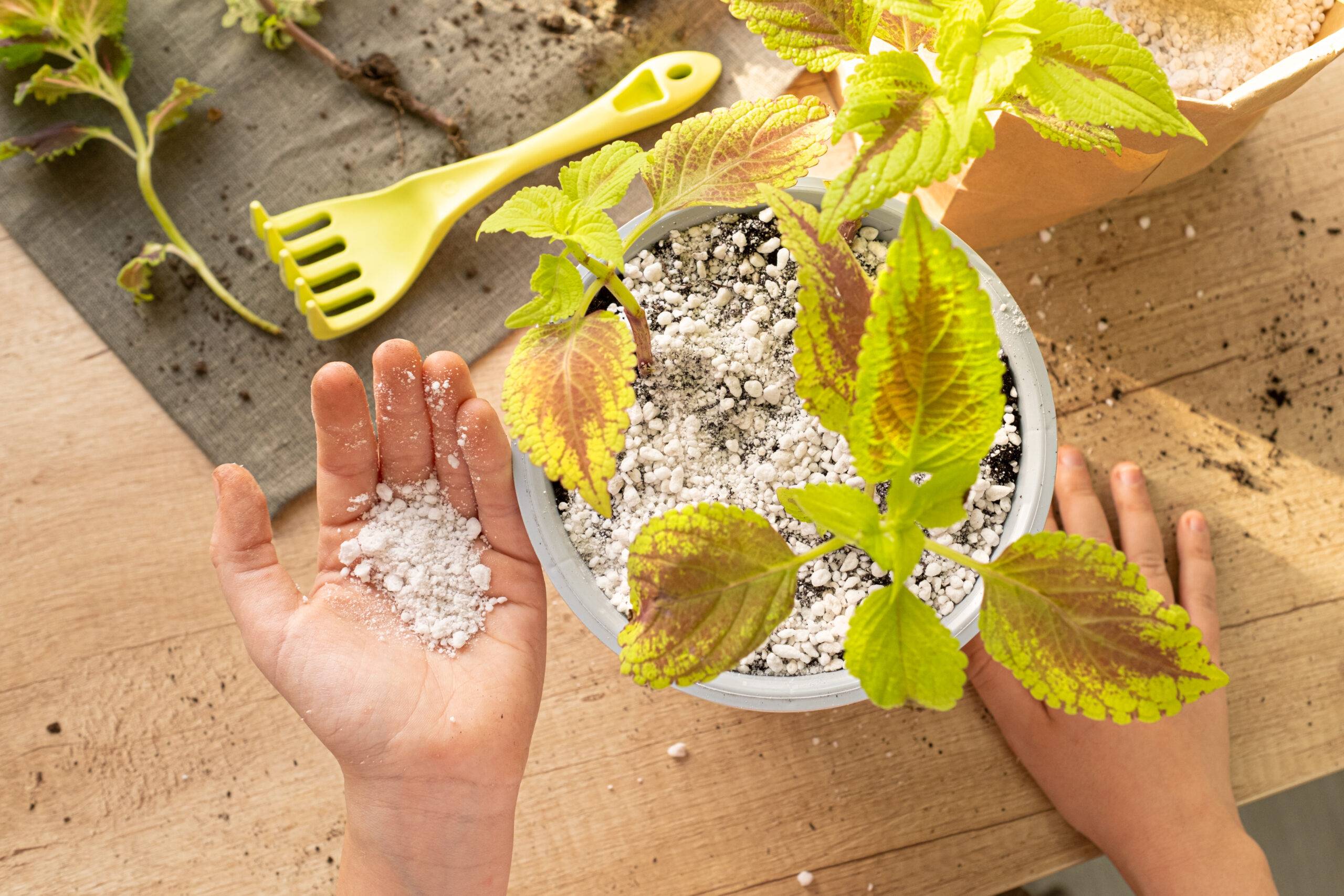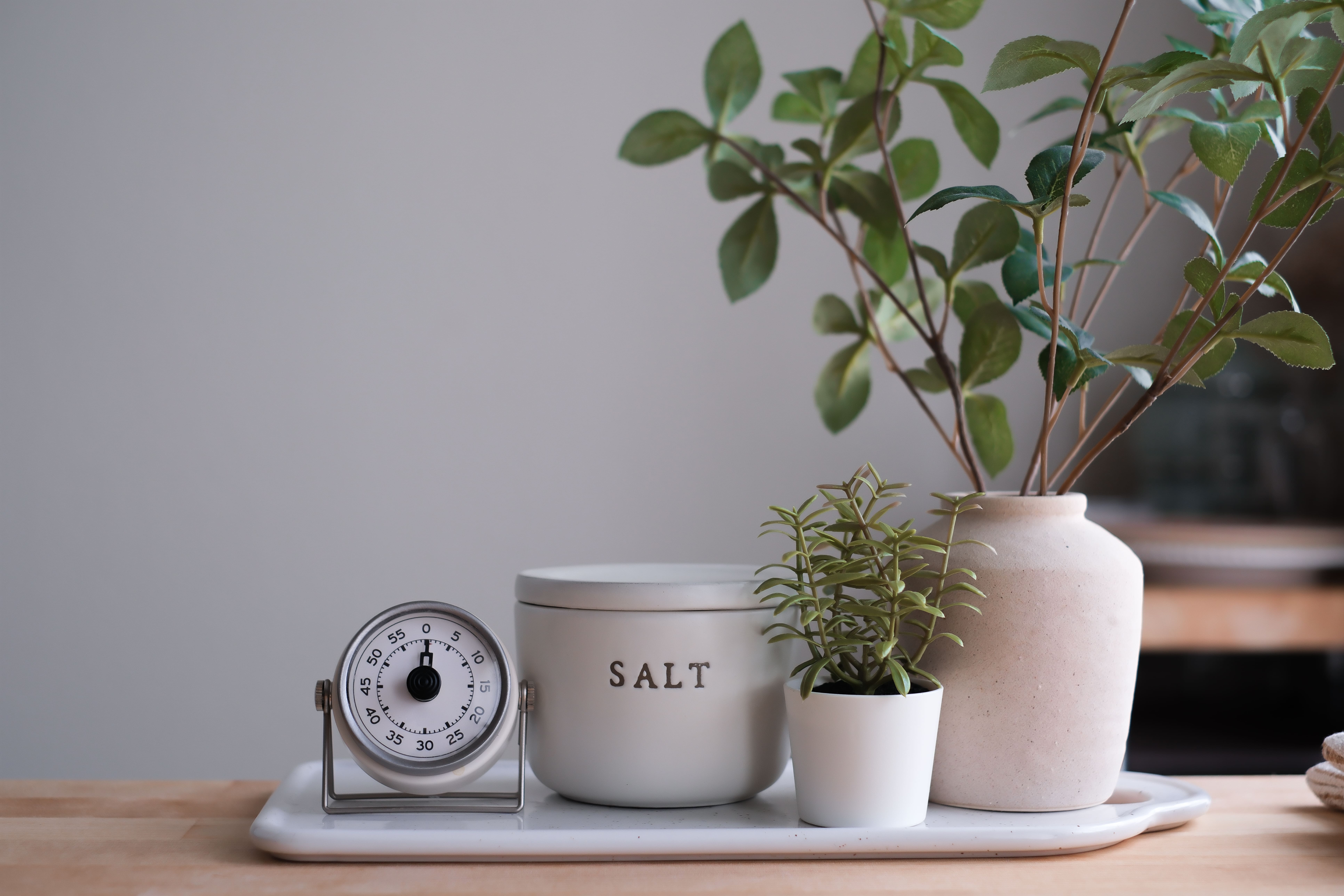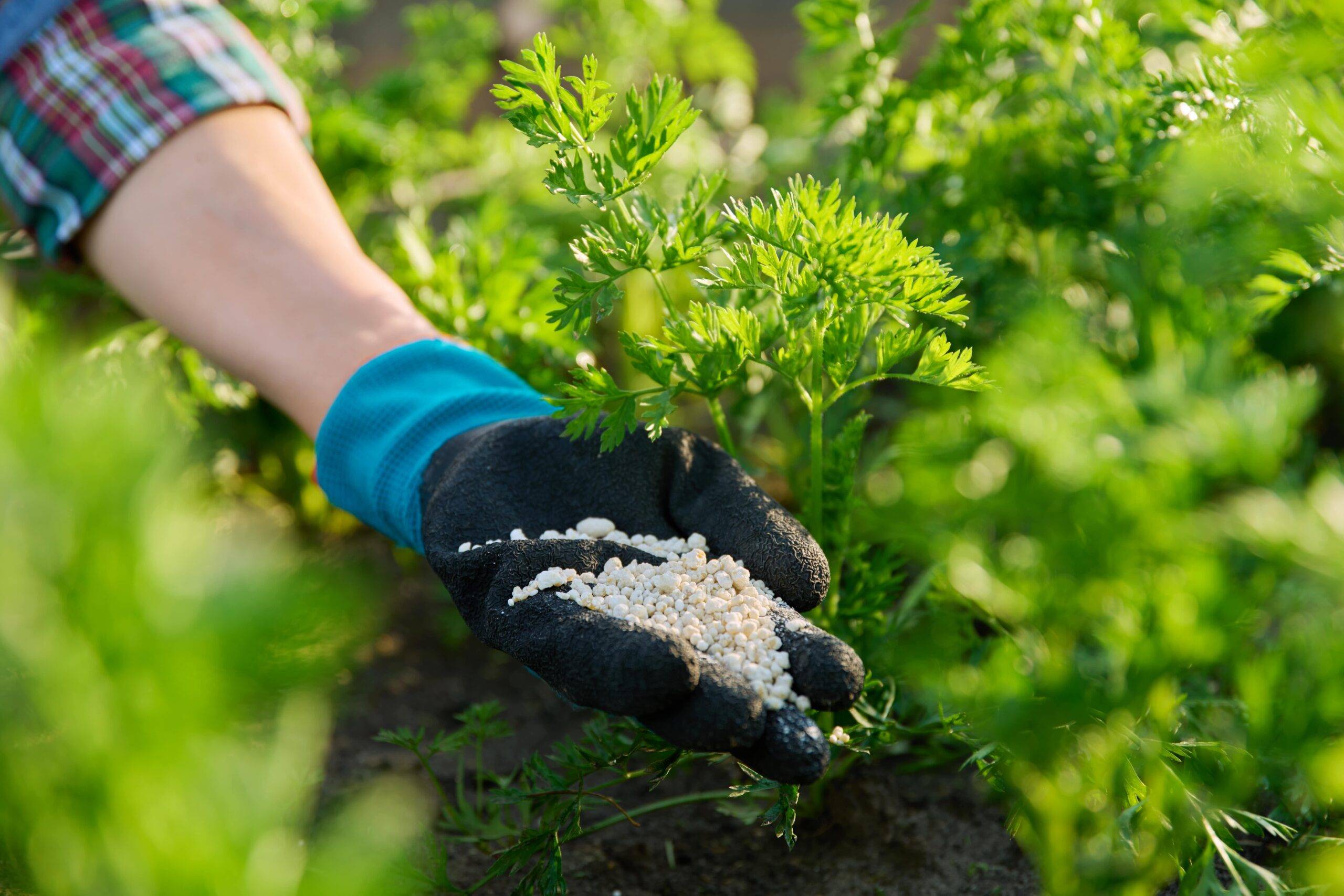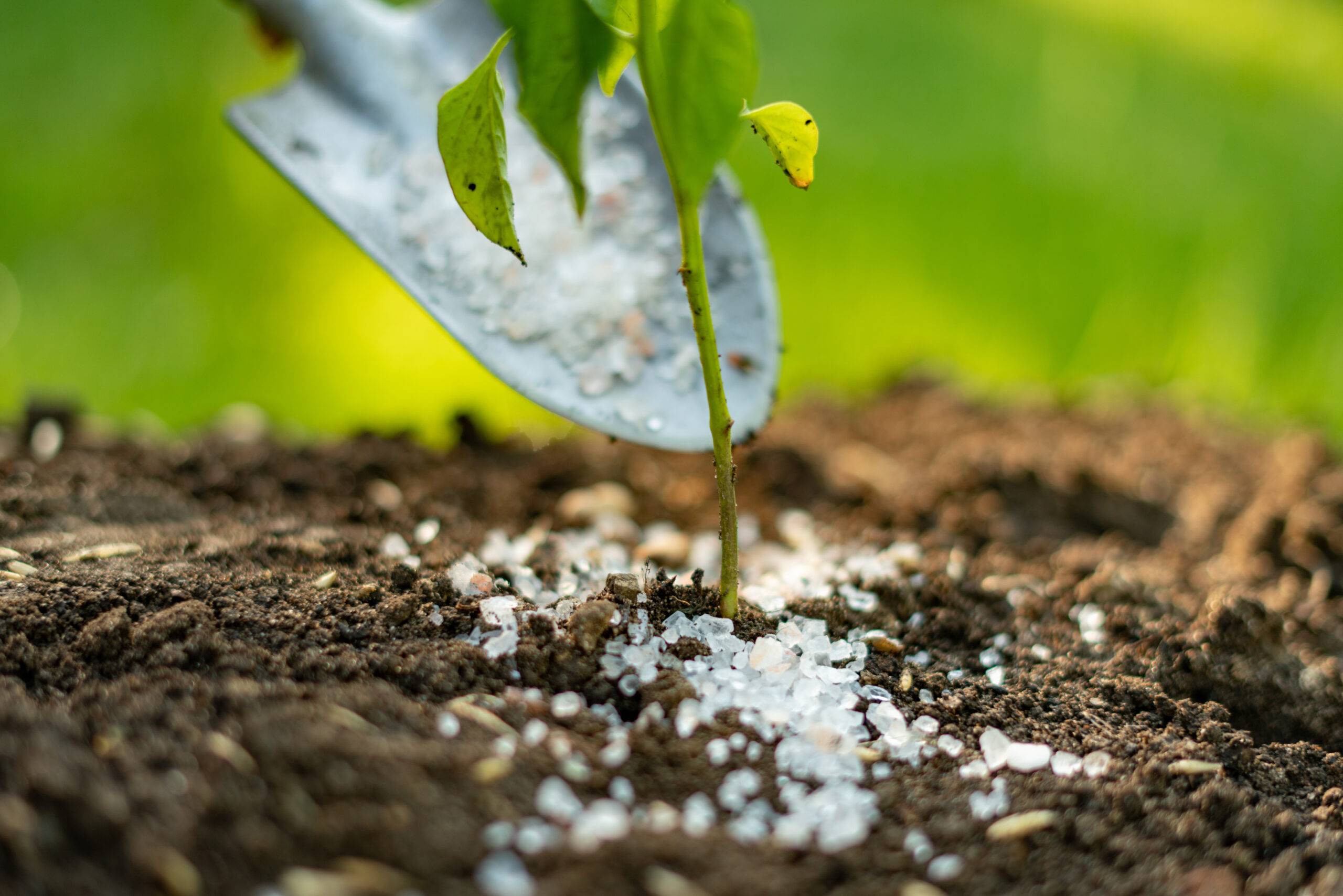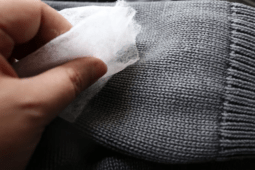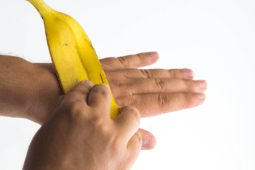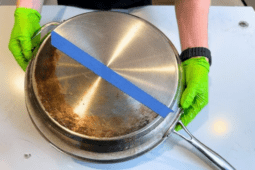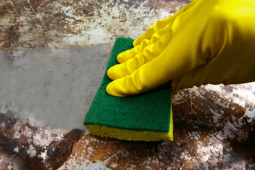Salt Is A Natural Weed Killer, Here’s How To Use It Properly
Weeds can be a stubborn problem in any yard or garden. Many people look for natural ways to get rid of them, and salt is sometimes mentioned as a possible solution, but does it really work? And more importantly, is it a good idea? While salt can kill weeds, there are important things to consider before using it. It’s not a one-size-fits-all solution, and it can have lasting effects on your soil. Let’s take a closer look at how salt affects weeds, soil, and the environment.
How Salt Kills Weeds
Salt works by drawing moisture out of plant cells, causing the weed to dry up and die. This makes it an effective weed killer, especially for small patches of weeds growing in driveways, sidewalks, or cracks in pavement. However, salt doesn’t just affect the weeds, it lingers in the soil and can make it difficult for anything else to grow in the future. This is why it’s important to be careful where and how you use it.
Where Salt Works Best
If you’re thinking of using salt to kill weeds, it’s best to apply it in places where you don’t want plants to grow at all. Gravel paths, patios, and sidewalk cracks are good spots because salt prevents future weeds awhile also killing current ones. Using it in garden beds or near lawns can cause damage to nearby plants, as rain, garden maintenance, even wind can spread the salt further than originally intended.
How to Use Salt Without Harming Your Soil
If you want to try salt as a weed killer but don’t want to ruin your soil, use it sparingly. Mix a small amount of salt with water and apply it directly to the weeds rather than spreading it over a large area. Another option is to combine it with vinegar and dish soap for a stronger, more targeted weed killer. Avoid using large amounts, and don’t pour salt on soil you may need for future planting. Flushing the area with water after weeds die can also help reduce long-term soil damage.
The Long-Term Effects of Salt on Soil
Salt doesn’t break down quickly, which means it can stay in the soil for months after application. If too much salt builds up, it can change the soil’s structure, making it harder for water and nutrients to reach plant roots. If you’re looking for a long-term, soil-friendly solution, you might want to consider other natural weed control methods.
Better Alternatives to Salt
Speaking of, there are other natural ways to get rid of weeds that don’t harm the soil as much as salt. Boiling water is an easy and immediate way to kill weeds, especially in cracks and walkways. Vinegar works well, too, though it can also affect nearby plants. Pulling weeds by hand is always a reliable option, especially if you get them before they go to seed. Mulch, ground covers, and proper lawn care can also help prevent weeds from growing in the first place.
Related Articles
- These Simple Salt Tricks Can Tackle Tough Cleaning Problems
- How to Get Rid of Weeds Without Killing Grass for a Perfect Lawn
- This Is the Most Efficient Way to Mow the Grass
Salt can kill weeds, yes, but it comes with risks. It works best in areas where you don’t want plants to grow at all, and even then, it should be used carefully. Overuse can harm the soil and surrounding plants, making it difficult to grow anything in the future. If you’re looking for a quick, effective way to kill weeds, salt might work, but if you want long-term soil health, other natural methods might be a better choice. The best approach depends on your needs and how much you’re willing to manage the after-effects!

